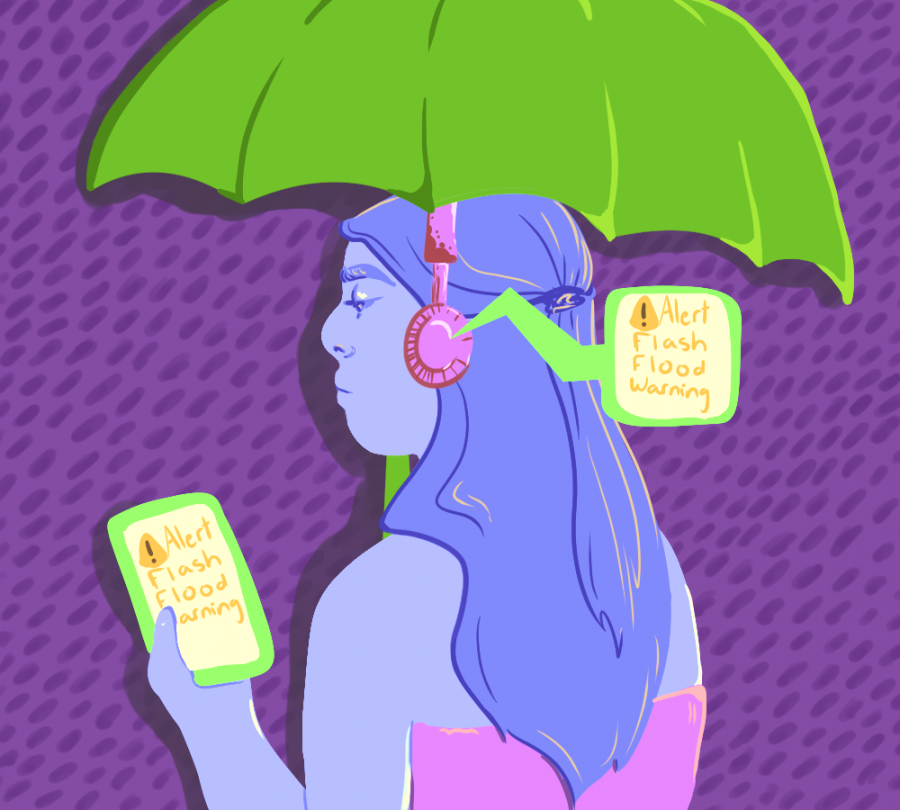Austin creates emergency system for deaf, blind, hard of hearing community
October 25, 2021
The city of Austin started providing the community with a system to help those in the blind, deaf and hard of hearing communities receive accessible emergency communications this month.
To create the accessible hazard alert system, the city partnered with Deaf Link, a company that provides media services for those with sensory disabilities. The system sends alerts through text or email with a link to a video using American Sign Language to translate what a message says. Alerts include incidents such as severe weather, public health emergencies and Amber alerts.
Bryce Bencivengo, communications manager for the city of Austin’s office of homeland security and emergency management, said the pandemic made it difficult to get information out to those who are deaf, blind or hard of hearing through the online environment.
“When you see our news conferences, it’s Zoom,” Bencivengo said. “The person doing American Sign Language gets very small. If you’re watching it on your phone, or something that isn’t a computer (or) a television screen, that use of American Sign Language is not great.”
The National Deaf Center, based at UT’s College of Education, which provides resources for deaf or hard of hearing students, said the city has improvements to make on the system.
The sign-up video for the city’s new system does not provide transcript or video description for all its content.
Natalie Czimskey, speech language and hearing sciences lecturer, said the deaf and hard of hearing community is often considered as an afterthought.
“When in doubt, listen to the community that says it’s a problem, ” Czimskey said. “If the National Deaf Center is saying it’s a problem, and if the community is saying it’s a problem, it’s a problem.”
Austin is home to Texas School for the Deaf, a state-operated school for school-aged deaf and hard of hearing children, which attracts the community to Austin, Czimskey said. However, the team behind the accessible emergency hazard system does not have any individuals who are deaf, blind or hard of hearing to provide internal input, Bencivengo said.
Bencivengo said the city relies on Deaf Link to find the best communication methods and hopes to continue improving the system through community input.
Czimskey said it is crucial for the city to hire an ASL and deaf interpreter on staff to gain proper insight into the community.
“The Deaf culture is very different from American culture,” said Czimskey. “There are different values on communication. They’re very direct. They value directness, they value bluntness, they value honesty.”












